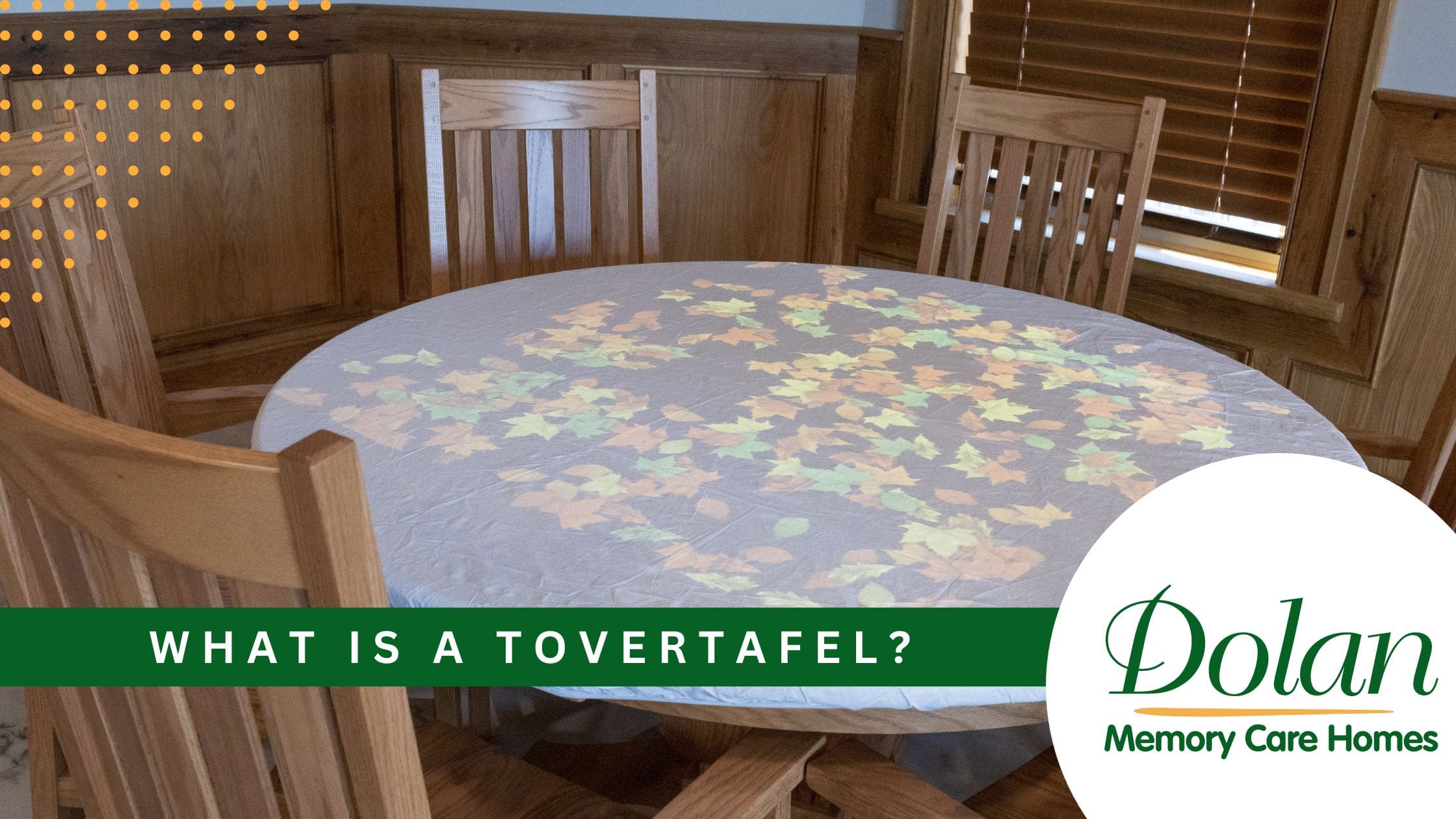Our knowledge of cognitive decline and dementia has increased greatly in recent years. There is not yet a cure for Alzheimer’s or dementia. However, scientists and researchers have made huge strides in understanding the causes, symptoms, and early signs of cognitive impairment. Here is a guide to what we know now, what still needs to be learned, and what developments may be coming soon.
Memory loss in old age: What is normal?
Occasionally forgetting names, or where you put your keys, is not automatically a sign of dementia. Some memory loss is normal for people as they age.
However, writing off dementia signs as “normal” age-related memory loss is a big reason why dementia is severely underdiagnosed. Some studies suggest that mild cognitive impairment may be undiagnosed at a rate up to 90%.
So what’s actually “normal” and what is a cause for concern? If you have a loved one who occasionally forgets dates from the past, or the names of some of their acquaintances, it may be just typical age-related memory loss. But only a medical doctor (or some of the new innovations we’ll talk about more below) can make the diagnosis.
Early Signs of Dementia
In recent years, scientists have started to identify more early signs of dementia that people can watch for, besides forgetfulness.
A slowing gait can indicate the development of dementia up to a decade before it’s diagnosed. It doesn’t take much of a change in the brain to impact the way people walk. Changes in gait that indicate cognitive decline can vary, and include slower gait, shuffling steps, or abnormal gait rhythm.
Patterns in the way people talk can also change as dementia develops. People with dementia speak with different volumes, cadences, and intonations than other elderly people without cognitive impairment.
Research in the past few years has also indicated that there may be noticeable changes in the blood that occur in the years before dementia is diagnosed. Blood tests could potentially diagnose dementia earlier, or predict who is at the highest risk of developing the disease.
Recent Developments
Knowing the early signs of dementia is one thing, but actually being able to identify them in the real world is another. For each of the early dementia symptoms above, researchers have been developing innovative tools.
Researchers at the Newcastle Biomedical Research Centre used machine learning to develop a device people can wear that analyzes their gait. Advancements like this are what may make it possible to use changing gait as a diagnostic tool for cognitive decline.
As for speech patterns, AI has been used in recent years to analyze voice recordings with the hopes of being able to use these new tools to diagnose dementia earlier. Some of the voice diagnostic tools that have been developed have even been found to be as accurate in predicting dementia as the traditional diagnostic tests from doctors.
Finally, a number of blood tests have been developed to identify blood markers of dementia. They are looking at various biomarkers and blood proteins with promising results. A blood test presented at the Alzheimer’s Association International Conference identified Alzheimer’s biomarkers in 85% of the patients who eventually were diagnosed with Alzheimer’s. And another UK study found four proteins in the blood that were correlated with different types of dementia.
Roadblocks for New Dementia Innovations
With so many interesting studies and innovative technologies being developed, the state of dementia research looks promising. However, actually getting approval to sell and use these technologies is being slowed.
The FDA has determined that tests that use AI are considered medical devices, which makes it harder for them to get approval. The Centers for Medicare and Medicaid Services has also enacted restrictions that make it harder for people to access new dementia drugs that hit the market. The dementia research community will have an uphill battle over the next few years to face these challenges in the fight to cure and prevent dementia.
Overall, there’s a lot we know about cognitive decline, and a lot that we still don’t. Impressive technologies have started to be developed that could change the way Alzheimer’s and dementia are diagnosed. And early diagnosis could be the key to stopping cognitive decline in its tracks. As our understanding of cognitive decline-what it is, what it isn’t, and what the signs are-improves, our chances of defeating dementia do as well.
Sources:
https://www.sheffield.ac.uk/news/ai-tool-could-speed-dementia-diagnosis
https://aaic.alz.org/releases_2023/finger-prick-blood-test-alzheimers-disease.asp






